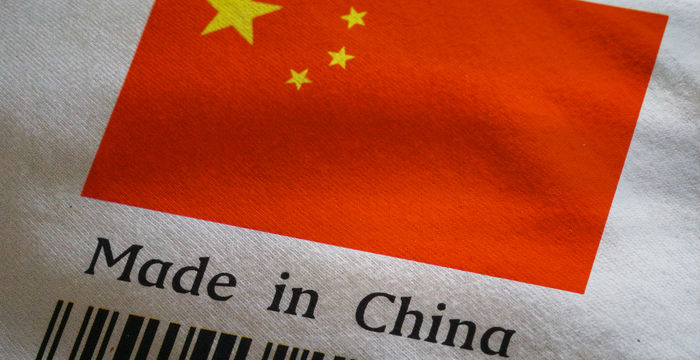
As a business owner, you're likely to be familiar with risk. Some risks you just have to take, while others you avoid. Deciding whether to source products and import from China opposed to sourcing locally is one of the biggest risks a business can take. There are many things that can go wrong when importing from China, but when it goes right, the profits speak for themselves. If you can mitigate the risks associated with importing, you're on your way to building a highly successful business. Six risks to consider when importing from China, as well as how you can mitigate them, include:
#1 A Breakdown in Communication
It’s not easy dealing with manufacturers and clients that are working in another country, particularly in China, unless English is their mother tongue. While you may be dealing with someone in China who is fluent in English, it doesn’t mean there won’t be breakdowns in communication. What you mean isn’t always necessarily what is heard.
One simple solution to mitigating the risk of a breakdown in communication is to enlist the services of someone who has experience in communicating with Chinese manufacturers to help and offer advice.
#2 Failing to Build the All Important Relationship
You can’t do business in China the same way you do in Australia. While business relationships are important in Australia, 'guanxi' (a strong relationship) is everything in China. If you haven’t developed a close working relationship with your supplier, your order is at risk. You may think your contact has agreed to your requests, only to find they were committing to something very different. Understanding the Chinese business culture can take years - you won’t find the answers in any book.
It's important to understand that you can't work the same way as you do in Australia when it comes to the communication and strategy required to manufacture and import products or goods from China. Find someone with 10 years' experience in doing business in China to help - that's how long it can take to understand the business climate and learn how to approach different situations.
#3 Goods Aren’t What You Asked For
If something goes wrong with your shipment once it has been imported, such as the products or goods not being what you ordered or asked for, the chances are you won’t be successful when you contact the manufacturer and (politely) explain your dissatisfaction. Many manufacturers in China won’t be sympathetic to the requests of a small business owner in Australia when it comes to fixing the shipment or refunding the associated costs.
Manufacturers in China are more inclined to keep a broker happy by fixing their mistakes, rather than the small business owner directly. If there is the potential that a manufacturer will lose more than one order, they are more likely to comply with a request for the sake of future sales.
#4 Being Overcharged for the Goods You're Importing from China
Price is not always an indicator of quality. It can take months for you to locate the right manufacturer in China that is willing to make your goods or products for the right price. Some manufacturers won’t respond, some will quote a high unit cost. By the time you have found the right manufacturer that offers the right value for money, you’ve likely missed months of selling opportunities.
Using a brokering firm that has strong pre-existing relationships in China will help to reduce the time it takes to find the right manufacturer.
#5 High Shipping Costs from China to Australia
If you have large bulky orders, you will be using shipping rather than air freight to import your goods to Australia. While it’s much cheaper than air, shipping costs can still be expensive, particularly if you are paying the Less than Container Load (LCL) rate as opposed to the Full Container Load (FCL) rate.
If you can’t fill a 20-foot shipping container but still want access to the FCL rate, source a partnership with one or more companies that will be able to share a container with you. This will help to significantly reduce costs and save money.
#6 Your Products Being Copied
It doesn’t matter how many patents or trademarks you have taken out to protect your product. If other companies or manufacturers in China wish to copy, market and produce your product for other customers, they will. You have no legal recourse and a breach of your IP can’t be enforced.
In order to mitigate this risk, it's important to source only trusted manufacturers. Being a large client helps too, because the manufacturer doesn’t want to risk losing your business. Using a broker who has multiple orders with the one manufacturer is the best defence in protecting your IP.
While many of these risks are scary prospects, there are ways to protect you and your business. The risks are the reason why our clients use our services. If you have any concerns about importing goods or products from China, contact Vara Allied on (08) 6115 0118 or contact us via email. We’ll be planning our next trip very soon.